Best movies like Café Nagler
A unique, carefully handpicked, selection of the best movies like Café Nagler Starring Mor Kaplansky, Naomi Kaplansky, and more. If you liked Café Nagler then you may also like: We Cellar Children, The Wonderful, Horrible Life of Leni Riefenstahl, Rosebud, Rosenstrasse, Jew Suss: Rise and Fall and many more popular movies featured on this list. You can further filter the list even more or get a random selection from the list of similar movies, to make your selection even easier.
The director embarks on a journey to reveal the story behind the legendary Café Nagler, owned by her family during the 1920s in Berlin, and finds that historical truths can be overrated.
You may filter the list of movies on this page for a more refined, personalized selection of movies.
Still not sure what to watch click the recommend buttun below to get a movie recommendation selected from all the movies on this list
The Wonderful, Horrible Life of Leni Riefenstahl
This documentary recounts the life and work of one of most famous, and yet reviled, German film directors in history, Leni Riefenstahl. The film recounts the rise of her career from a dancer, to a movie actor to the most important film director in Nazi Germany who directed such famous propaganda films as Triumph of the Will and Olympiad. The film also explores her later activities after Nazi Germany's defeat in 1945 and her disgrace for being so associated with it which includes her amazingly active life over the age of 90.
Rosenstrasse
When Ruth's husband dies in New York, in 2000, she imposes strict Jewish mourning, which puzzles her children. A stranger comes to the house - Ruth's cousin - with a picture of Ruth, age 8, in Berlin, with a woman the cousin says helped Ruth escape. Hannah, Ruth's daughter engaged to a gentile, goes to Berlin to find the woman, Lena Fisher, now 90. Posing as a journalist investigating intermarriage, Hannah interviews Lena who tells the story of a week in 1943 when the Jewish husbands of Aryan women were detained in a building on Rosenstrasse. The women gather daily for word of their husbands. The film goes back and forth to tell Ruth and Lena's story. How will it affect Hannah?
Jew Suss: Rise and Fall
This intricate historical drama tells the story of actor Ferdinand Marian (Tobias Moretti), who is ordered by Nazi propagandist Joseph Goebbels to star in the 1940 anti-Semitic film Jew Suss. Despite his cooperation, Ferdinand's actions have unexpected costs. Ferdinand's Jewish wife, Anna (Martina Gedeck), is sent to a concentration camp, and as World War II intensifies, he rebels against the Nazis, leading to the destruction of his career.
Go for Zucker
Germany director Dani Levy filmed this comedy about Jewish life in today’s Germany along side the familiar east-west conflict. With it great success this film is a joyful comedy of humor and knowledge.
Charlotte
In 1939, Charlotte Salomon leaves Berlin to seek refuge at her grandparents' villa in the south of France. A little later, war breaks out, and Charlotte must, besides forgetting all she left behind, deal with her grandmother's depression, and her mother's suicide. To fight despair, Charlotte starts to paint, producing over one thousand images. "Is my life real, or is it theater?" This is the title she gives her body of work, which highlights her former life in Berlin. She finds herself though her art, but in 1943 is deported to Germany and Auschwitz.
Charlotte
The true story of Charlotte Salomon, a young German-Jewish painter who comes of age in Berlin on the eve of the Second World War. Fiercely imaginative and deeply gifted, she dreams of becoming an artist. Her first love applauds her talent, which emboldens her resolve. When anti-Semitic policies inspire violent mobs, she escapes to the safety of the South of France. There she begins to paint again, and finds new love. But her work is interrupted, this time by a family tragedy that reveals an even darker secret. Believing that only an extraordinary act will save her, she embarks on the monumental adventure of painting her life story.
Conspiracy
The historical recreation of the 1942 Wannsee Conference, in which Nazi and SS leaders gathered in a Berlin suburb to discuss the "Final Solution to the Jewish Question". Led by SS-General Reinhard Heydrich, this group of high ranking German officials came to the historic and far reaching decision that the Jews of Europe were to be exterminated in what would come to be known as the Holocaust.
I'll Find You
Inspired by stories of Polish musicians from the 1930s and 40s. Two young lovers, Robert, a Catholic opera singer, and Rachel, a Jewish violin virtuoso, dream of one day performing together at legendary Carnegie Hall. When they're torn apart by the German invasion of Poland, Robert vows to find Rachel, no matter what the war may bring. His search leads him on a life-threatening journey through the heart of Nazi Germany, to a reckoning that Rachel may be lost to him forever.
The Flat
The flat on the third floor of a Bauhaus building in Tel Aviv was where my grandparents lived since they immigrated to Palestine in the 1930s. Were it not for the view from the windows, one might have thought that the flat was in Berlin. When my grandmother passed away at the age of 98 we were called to the flat to clear out what was left. Objects, pictures, letters and documents awaited us, revealing traces of a troubled and unknown past. The film begins with the emptying out of a flat and develops into a riveting adventure, involving unexpected national interests, a friendship that crosses enemy lines, and deeply repressed family emotions. And even reveals some secrets that should have probably remained untold...
Germany Pale Mother
Germany 1939. Hans and Lene marry the day before the war breaks out, and Hans is sent to the Eastern front. During a bombing raid their daughter Anna is born. The house is destroyed and Lene and Anna moves in with relatives in Berlin. Hans survives the war but he is not the same person as in 1939, and he and Lene find it difficult to live together again.
Hanussen
A man's story parallels Hitler's rise. Austrian Klaus Schneider, wounded in World War I, recovers in the care of Dr. Emil Bettleheim. Bettleheim discovers that Schneider possesses powers of empathy and of clairvoyance, such that could aid suicidal patients. After the war, with one friend as his manager and another as his lover, Schneider changes his name to Eric Jan Hanussen and goes to Berlin, as a hypnotist and clairvoyant performing in halls and theaters. He always speaks the truth, which brings him to the attention of powerful Nazis. He predicts their rise (good propaganda for them) and their violence (not so good). He's in pain and at risk. What is Hanussen's future?
Group Portrait with a Lady
The story follows the life of a regular German women Leni Gruyten during the 1930s and 1940s. Through her interactions with friends, family and other people she knows, the regular folks' perception of the Nazi era is shown.
Her Majesty, Love
The wealthy von Wellingens are shocked when the father of their son Fred's fiancée Lia juggles desserts at a formal dinner. They encourage Fred to break the engagement. Lia goes to Berlin to marry a Baron von Schwarzdorf, and Fred arrives too late to stop the marriage.
Im Land meiner Eltern
"Had it not been for Hitler, I would have been born a German-Jewish child, more German than Jewish, in a small village in the South of Germany. But as it happened, I was born in Argentina, my mothertongue is Spanish. I came to Germany 17 years ago." It is here, where author and director Jeanine Meerapfel starts searching for her own Jewish identity, being confronted time and time again with Federal Republic reality.
The Cakemaker
Thomas, a young German baker, is having an affair with Oren, an Israeli married man who has frequent business visits in Berlin. When Oren dies in a car crash in Israel, Thomas travels to Jerusalem seeking for answers regarding his death. Under a fabricated identity, Thomas infiltrates the life of Anat, his lover’s newly widowed wife, who owns a small Café in downtown Jerusalem. Thomas starts to work for her, creating German cakes and cookies that bring her Café to life. Thomas finds himself involved in Anat’s life in a way far beyond his anticipation. To protect the truth he will stretch his lie to a point of no return.
Lullaby to my Father
The film intertwines historical events and intimate memories. I observe how architecture represents the transformations of society and those who give form to this architecture. We follow the journey of Munio, my father, born in 1909 in Silesia, Poland, the son of a tenant farmer of a Prussian junker. At the age of 18, Munio goes to Berlin and Dessau to meet Walter Gropius, Kandinsky and Paul Klee at the Bauhaus. In 1933, the Bauhaus was closed by the Nazis, who accused Munio of treason against the German people. Munio was imprisoned, then deported to Basel. He left for Palestine. Upon his arrival in Haifa, he began a career as an architect and adapted European modernist principles to the Middle East.
I Shot My Love
Seventy years after his grandfather escapes from Nazi Germany to Palestine, Israeli documentary director Tomer Heymann returns to the country of his ancestors to present his film "Paper Dolls" at the Berlin International Film Festival, and there meets a man who will change his life. This 48-hour love affair, originating in Berghain Panorama Bar, develops into a significant relationship between Tomer and Andreas Merk, a German dancer.
Asphalt
One of the last great German Expressionist films of the silent era, Joe May’s Asphalt is a love story set in the traffic-strewn Berlin of the late 1920s. Starring the delectable Betty Amann in her most famous leading role, Asphalt is a luxuriously produced UFA classic where tragic liaisons and fatal encounters are shaped alongside the constant roar of traffic.
Enemy of Women
Playwright Joseph Goebbels turns Nazi propagandist and loses his girlfriend to another man.
Lancaster Skies
Douglas, a broken, solitary, Spitfire Ace, must overcome his past to lead a Lancaster bomber crew in the pivotal aerial war over Berlin, in 1944.
Death in the Bunker: The True Story of Hitler's Downfall
Adolf Hitler spent the last ten days of his life in a bunker underneath the Chancellery of the Reich. Unwilling to face the consequences of defeat, the dictator ended his own life on April 30, 1945 in this fortified underground complex. Featuring exclusive interviews with the last survivor’s of Hitler’s inner circle and extensive archival footage, Death in the Bunker is an illuminating look at the Führer’s final decisions in preparation for his suicide.
Kike Like Me
Documentary in which filmmaker Jamie Kastner goes on a personal journey to find out what it means to be Jewish in the modern world. Along the way he meets anti-semitic politician Pat Buchanan, Israeli novelist AB Yehoshua, British anti-Israeli curmudgeon Richard Ingrams and Hasids in Brooklyn; he causes a near-riot in a Parisian suburb simply by asking what people think about Jews; and he meets the 'dominatrix' behind Berlin's largest memorial to dead Jews. (Storyville)
Meier
Meier, a paperhanger in East Berlin, inherits from his father in West Berlin. With this money he wants to fulfil himself the dream of his life: a journey around the world. He buys a forged West German passport and pretends to go on a trip to Bulgaria while he really is off to see the free world. When he wants to return to East Berlin he finds himself in an unbelievable predicament and his double life begins. He can't keep away from his East German friends. As with all the best comedies, the action builds up to an eventual crisis. It's a light comedy, which won several national Film Academy Awards. The film is very political, with lots of political jokes/innuendos which only Germans will understand. One is left feeling what a total obscenity that stupid Wall was, dividing one people for 30 years (1-2 Generations) simply by the coincidence on where you just happen to be in the early morning on the 13th August 1961.
When Hitler Stole Pink Rabbit
In 1933 in Berlin. Anna is only nine years old when her life changes from the ground up. To escape the Nazis, her father Arthur Kemper, a well-known Jewish journalist, has to flee to Zurich. His family, Anna, her twelve-year-old brother Max and her mother Dorothea, follow him shortly thereafter. Anna has to leave everything behind, including her beloved pink rabbit, and to face a new life full of challenges and privations abroad.
The Tigress
It's the roaring twenties in Berlin. The Tigress, a gorgeous, wild, and very independent street walker, falls for a handsome grifter. When one of her lovers gets jealous, she betrays him and has to skip town. The grifter reveals he has what it takes to move in upper class circles and suggests they flee to Carlsbad, a spa in Czechoslovakia. Does he love her or is he only using her? Is the Tigress madly in love with him or does she want to satisfy her vanity and drop him once he falls for her? The ancient cat and mouse game between a man and a woman unfolds amidst sensual seduction, the scheme of robbing a rich Texan and the jilted lover arriving from Berlin, gun drawn.
Nazi Titanic
During a bizarre chapter of WWII, Nazi propaganda minister Joseph Goebbels decided to make a movie based on the sinking of the Titanic. This epic film was so large in scale that the Nazis were forced to divert men, material and ships from the war effort in order to complete it. Titanic was filmed aboard cruise ship SS Cap Arcona in the Baltic Sea. The movie’s director Herbert Selpin was arrested by the Gestapo over comments he made about the ship’s crew and he was questioned by Goebbels. Selpin was found dead the next day in his cell. The Gestapo’s verdict was suicide. Titanic never received the impressive premiere that Goebbels intended, being first shown in Nazi-occupied Paris in 1943. We reveal this little known but fascinating story by looking at the making of the film, as well as the fate of the German ship Cap Arcona.
Berlin Escape Artists
An ideological and physical barrier fell on 9 November 1989 in Berlin. For 28 years, this 155 km wall divided Germany in two, separating friends and family. The recent discovery of some documents reveals the stories of those who managed to escape to join their loved ones, or simply to regain their freedom. Demonstrating imagination and courage, some dug tunnels to get under the Berlin Wall, others inflated balloons to fly over it, while others disguised themselves with fake uniforms. By combining archives, reconstitution sequences and intrigue scenes, this documentary plunges us into a Berlin that has now disappeared, through the prism of the art of escape under the GDR.
To Take A Wife
The story takes place in Haifa, Israel, in 1979, during three days before the Shabbat. A young woman trying to raise three children, work from home, and observe the strict Moroccan traditions of her family finds herself at constant odds with her husband and her brothers, who want her to stay married and leave behind the notions of being loved and free.
Spider's Web
Ulrich Mühe plays a German businessman who was born completely without scruples. This makes him an eminently suitable candidate for success in the chaotic years after World War I. The shameless man's story is contrasted with that of his polar opposite, a Jewish anarchist.
Mother Krause's Journey to Happiness
Mutter Krause, her daughter Erna and her son Paul live in a tenement in the poorer section of Berlin's Wedding district. Along with them lives "the Tenant", his soon-to-be bride Friede, who works as a prostitute, and her child whose name isn't revealed in the film. Mutter Krause is a quiet, long-suffering old woman who earns what little she can delivering newspapers. However, Paul is an alcoholic and spends all her money on drink. Mutter Krause can't pay back the money she owes the man whose newspapers she delivered and he accuses her of stealing and threatens her with arrest. Mutter Krause must then pawn her last valuable possession, a treasured memento of her late husband. Paul then breaks into the same pawn shop. He gets away but is later arrested. Meanwhile, Erna begins dating a young man with Communist views, who turns Erna to Communism and also helps her earn the money her mother needs by more honest means.


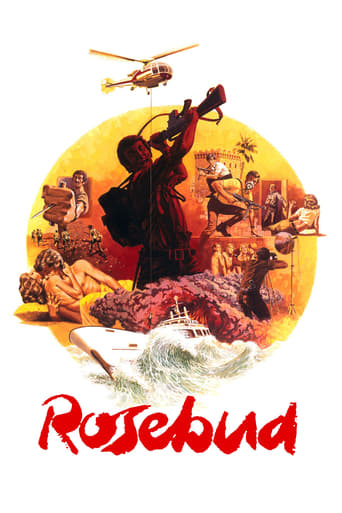




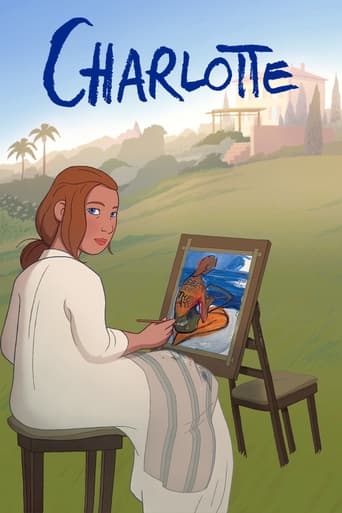
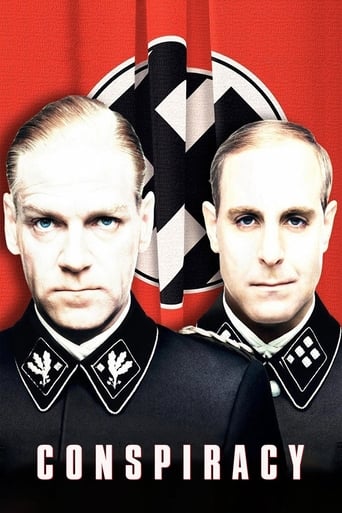


























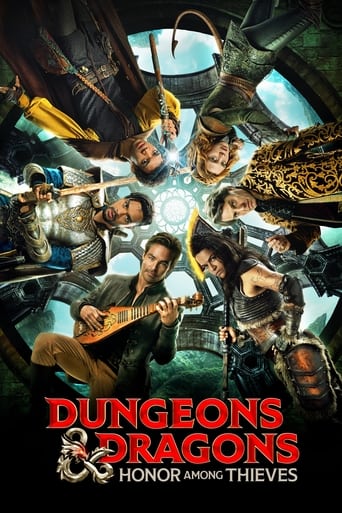
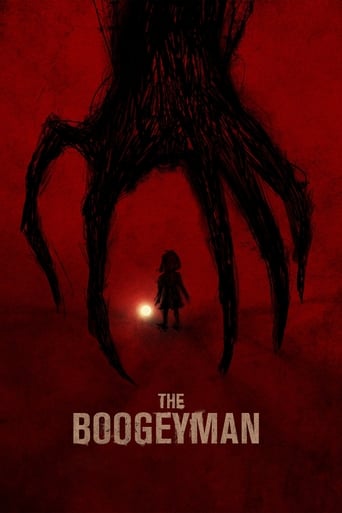

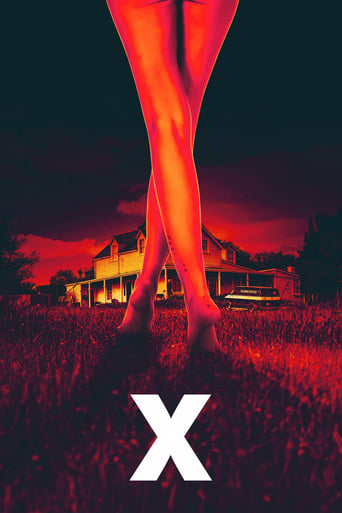
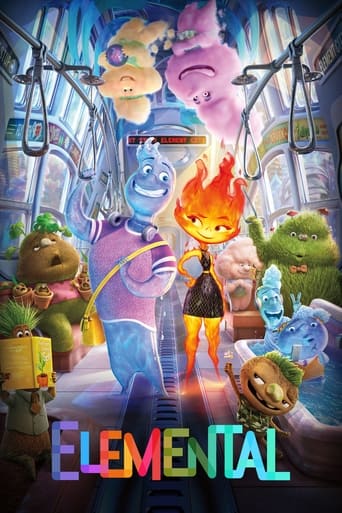
We Cellar Children